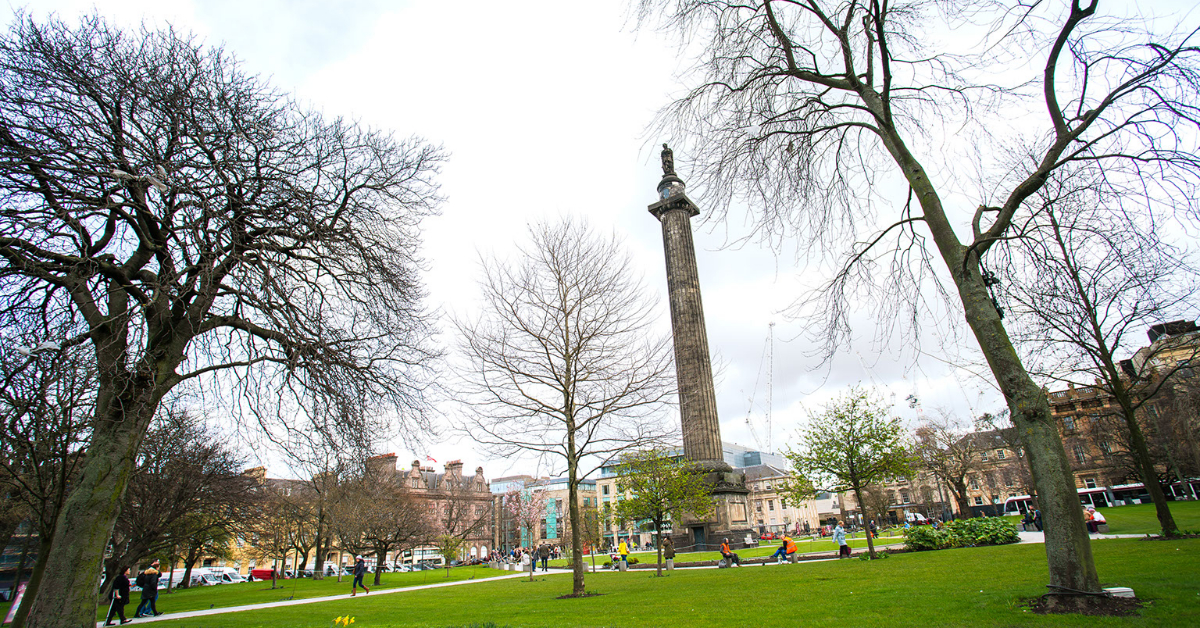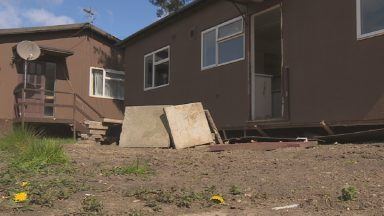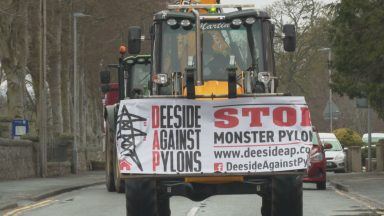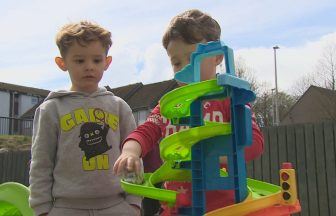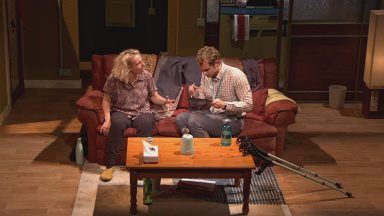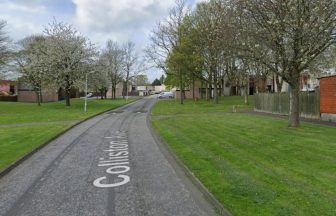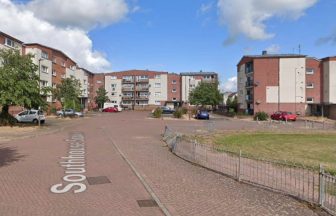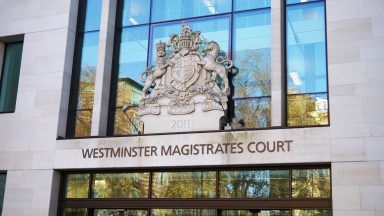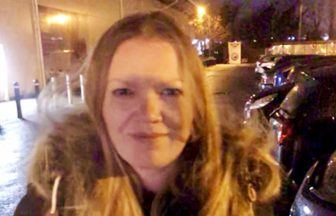A council has been warned the secretive nature of its Slavery and Colonialism Legacy Review could leave it open to legitimacy claims.
Edinburgh City Council has so far refused freedom of information requests to name the members of the review committee, despite its membership including council members, who are financed by the taxpayer.
In response to a recent freedom of information request, the council has refused to name some of the Edinburgh place names and features that are currently being reviewed, claiming: “…the release of the withheld information would be likely to inhibit substantially the free and frank exchange of views, both internally and externally for the purposes of deliberation.”
The council launched the Edinburgh Slavery and Colonialism Legacy Review Group in the wake of the Black Lives Matters protests, and subsequent debate around colonial and racist figures being immortalised in public spaces.
The group, chaired by Sir Geoff Palmer, Scotland’s first black professor, is examining the street names, monuments and buildings of the capital, and according to Sir Geoff, will provide educational resources to ‘provide people with information about their city’, rather than removing statues and changing place names.
At a meeting of the full council on Thursday, June 24, leaders from the ruling SNP/Labour administration were asked to open up the work to the scrutiny of councillors.
A motion, presented to the meeting by the council’s Conservative group, reads: “[The council] notes concern that a review group whose members are unknown and whose remit/work plan is unpublished could raise questions of public legitimacy from opponents of any recommendations it makes regardless of whether these are considered to be too limited or too radical.
“[The council] therefore agrees to seek methods of providing public information on the scope of the group and its work and, as a first step, agrees that each political group receives a briefing in private to discuss the work of the group and a further briefing on the findings ahead of submission to the policy and sustainability committee.”
Councillor Iain Whyte, the Conservative group leader, told the meeting he wants to avoid another Spaces for People debacle: “We have before us a report about a group, whose members we don’t know who they are, and of a remit that is just simply described as ‘very broad’, so we don’t really know what that means in any practicable terms.
“That’s certainly how it could be viewed by the public and I would have concerns that we’re setting up the potential for a debate about the public legitimacy of the findings.
“Now, we’ve heard a lot about that in the debate around the Spaces for People measures, which has become very polarized, between those who say it is far too radical and those who say it doesn’t go far enough, and I think that’s the danger here.
“What I’m trying to do is two things – trying to ensure we have some reassurance about what diversity means in the make-up of this group.
“Councillor Day talked about a very diverse group, and then about concerns from ‘a community’ – but a diverse group would have representatives from many representatives.
“The review group may have that, but we don’t know that.
“It’s also important that in taking things forward, we as councillors have some idea about where this is going.
“The problem is, if we allow this situation to continue, we’re likely to end up with groups on one side or the other questioning the legitimacy of the findings.”
In response, SNP council leader Adam McVey said: “I don’t see this as a particularly secret process. It’s a report to the council, setting out the work of the group.
“The council appointed someone to chair it, and lead that piece of work and report back, and gave – quite deliberately – a fairly open brief to that.
“What the Conservatives are asking for is council oversight. I think that removes some of the independence of that process and is why we couldn’t support it.
“This process isn’t a secretive one. It’s set out very clearly, their work to date, and what they’re going to continue with from now, and of course bring recommendations to us as councillors.
“It is then for us, as councillors, to decide whether to drive those recommendations forward.”
Story by local democracy reporter Joseph Anderson
Follow STV News on WhatsApp
Scan the QR code on your mobile device for all the latest news from around the country


